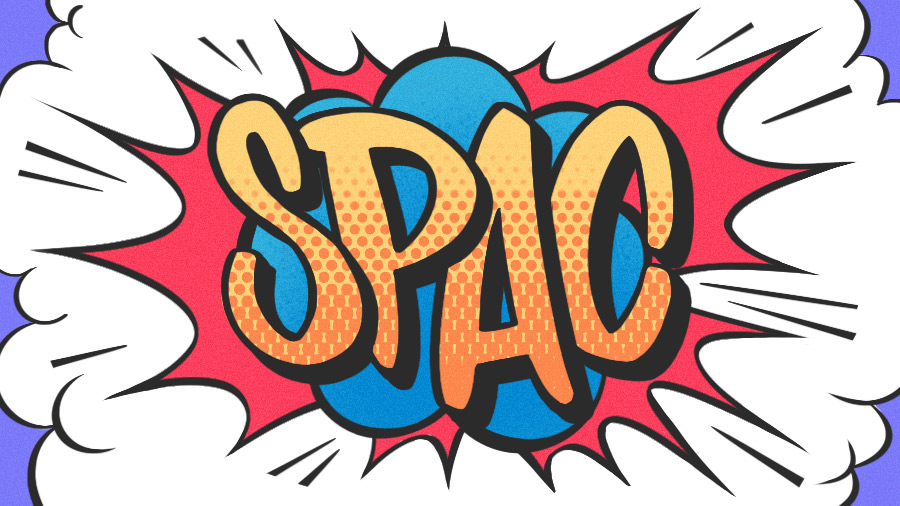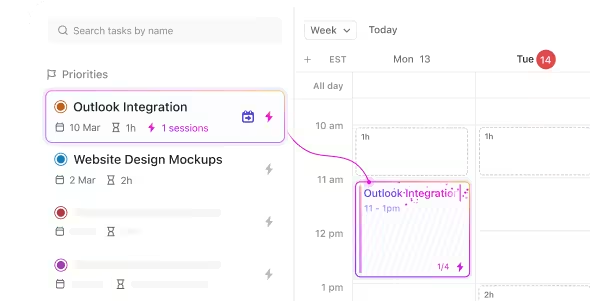Going public via SPAC was a very 2021 thing to do.
During the peak of the last bull market, dozens of startups took this quick route to market, merging with publicly traded shell companies, or SPACs, in lieu of a traditional IPO.
Looking back, most of them didn’t work out so well, in areas from scooters to autonomous driving, genetic testing and vertical farming — the list goes on. It was enough to give SPACs a bad name.
Well, maybe not quite enough. Those who thought the SPAC chapter of market history was written and done haven’t been following recent developments. Over the past few weeks, a new crop of blank-check companies have announced plans to merge with target companies in areas like crypto, autonomous vehicles and nuclear power.
Meet the new SPACs
These aren’t small deals either.
In the venture-backed startup space, the highest profile deal features Kodiak Robotics, a provider of autonomous trucking technology. Two weeks ago, the Silicon Valley company announced plans to go public through a merger with a SPAC at a pre-money valuation around $2.5 billion.
Other noteworthy merger announcements in recent weeks include:
- Cancer therapy developer Veraxa Biotech announced last week that it plans to carry out a merger with a biotech-focused SPAC at a pre-money equity valuation of $1.3 billion.
- Twenty One Capital, a new venture co-owned by Tether and Bitfinex that is focused on accumulating Bitcoin, will merge with a blank-check acquirer at what it says will be a “pro-forma enterprise value of $3.6 billion.”
- Two nuclear energy companies also announced SPAC deals. Terra Innovatum, a developer of micro-modular nuclear reactors, said last week that it plans a merger at a $475 million pre-money equity valuation. A few weeks earlier, Terrestrial Energy, a developer of nuclear plants using molten salt reactor technology, announced a deal at a $925 million pre-money equity value.
Different times
Obviously, much has changed since the last SPAC merger boom. Investors are more skeptical, having been burned before.
“It won’t be a repeat of 2021,” said Kristi Marvin, founder and CEO of SPACInsider, a provider of news and analysis on the space. “Expect fewer moonshots and more discipline, both in deal size and execution.”
The field of SPAC sponsors has also narrowed, per Marvin. Those taking blank-check companies to market recently are generally the more seasoned players in the space, with more reputable track records, she said.
In contrast to several years ago, there’s also a much smaller supply of new technology companies on public markets. With the tech startup IPO market still largely frozen, public investors have limited opportunities to buy stakes in emerging companies in hot growth sectors.
Volatile times, too
Dealmakers are also operating in an unusually volatile market environment, with tariff uncertainty in particular driving wild swings in major indices. Of late, declines have far exceeded gains, with the tech-heavy Nasdaq Composite Index down about 15% from its December high.
Several high-valuation companies on the verge of going public have also hit the pause button in recent weeks. This includes buy now, pay later service Klarna and ticketing platform StubHub.
In fast-changing market environments, one potential advantage of the SPAC path to market is that it requires less time and prep work for the target company. That means there’s less risk of prepping for a particular set of conditions, only to see an entirely new variable, like new tariffs, muck up forecasts.
Even so, upstart companies going public today face an investment environment that’s prone to sharp ups and downs. Moreover, whipsaw effects are intensified for newer players who lack a track record of reasonably predictable earnings and revenue.
And while SPACs sponsors may be doing things a bit differently this time around, it’s hard to forget that the space is associated with sharp share price swings. And unfortunately, those swings have historically been more down than up.
Related reading:
Stay up to date with recent funding rounds, acquisitions, and more with the
Crunchbase Daily.










